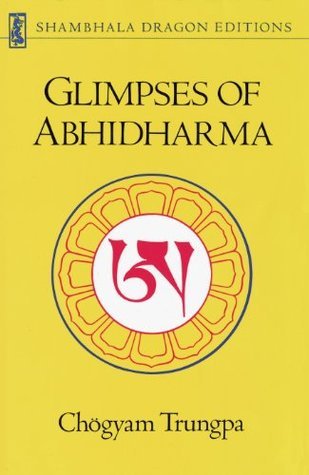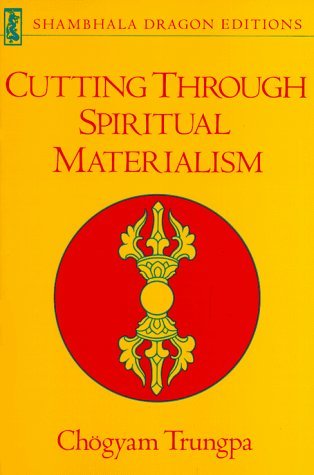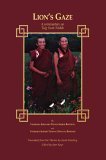
Glimpses of Abhidharma: From a Seminar on Buddhist Psychology
Book Description
Unlock the mysteries of the mind as Chögyam Trungpa invites you into the captivating world of Buddhist psychology. "Glimpses of Abhidharma" reveals profound insights that dissect the nature of perception, emotion, and consciousness, merging ancient wisdom with modern inquiry. Each page crackles with clarity, challenging the way we understand ourselves and our experiences. As intricate layers of thought and feeling peel away, the mind's true potential begins to emerge. Are you ready to embark on a transformative journey that holds the key to emotional liberation and deeper understanding?
Quick Book Summary
In "Glimpses of Abhidharma," Chögyam Trungpa distills the complex philosophy and psychology of the Abhidharma, an ancient Buddhist text that meticulously dissects the processes of mind and perception. Trungpa presents these teachings in a clear, accessible manner, focusing on how perception arises, how thoughts and emotions shape our experience, and how consciousness can be freed from habitual patterns. Integrating Eastern wisdom with modern sensibility, he explores the layers of mental activity, the interplay between awareness and ignorance, and the profound possibilities that open when one examines the mind fearlessly. This work is both an introduction to Buddhist psychology and a practical guide for deepening self-understanding, offering readers transformative insights into their emotional life and spiritual potential.
Summary of Key Ideas
Table of Contents
The Construction and Functions of Mind
Chögyam Trungpa begins by unraveling how the mind constructs reality according to Buddhist psychology. The Abhidharma presents an intricate taxonomy of mental factors and consciousness, dissecting their roles in the formation of personal experience. Trungpa explains how mind works not as a static entity, but as a dynamic flow of moment-to-moment events. He introduces the idea that we often mistake our fleeting mental activities for a solid self, laying the foundation for understanding how our interpretations drive our sense of identity.
The Process of Perception and Reality
The book examines the process by which we perceive and engage with the world. Trungpa describes perception as a layered unfolding: raw sensory data is filtered through mental habits, emotional tendencies, and biases. By carefully detailing how perception is constructed, he equips readers with the tools to disentangle reality from projection. This clarity enables a more direct experience of the world, unburdened by preconceptions and habitual misperception.
Habit, Emotion, and Mental Patterns
Trungpa pays particular attention to the realm of habits and emotions. He shows that much of our suffering arises from ingrained patterns of thought and feeling that cycle automatically. By understanding the components of emotional responses and the habitual nature of our mental life, readers are invited to investigate their own psychological patterns. Trungpa’s guidance makes the Abhidharma’s analytical approach relevant to breaking the cycle of reactivity and fostering emotional freedom.
Awareness, Ignorance, and Liberation
Another core theme is the interplay between awareness and ignorance. Trungpa elucidates how awareness can be clouded by unawareness, leading to habitual confusion and suffering. However, he also presents the liberating potential of mindful attention—a powerful antidote to ignorance. By illuminating the obstacles to awareness and the simple, direct methods of overcoming them, Trungpa offers a path toward psychological and spiritual freedom.
Practical Application of Buddhist Psychological Insight
The practical implications of these teachings are significant. Trungpa encourages readers to apply Abhidharma insights in daily life, using introspection and mindfulness to explore their own minds. The book concludes by affirming that self-understanding is both possible and transformative; by making the processes of mind transparent, we unlock adaptive wisdom and compassion. The journey Trungpa outlines is not merely theoretical but offers tangible steps toward emotional liberation and awakening.
Download This Summary
Get a free PDF of this summary instantly — no email required.





